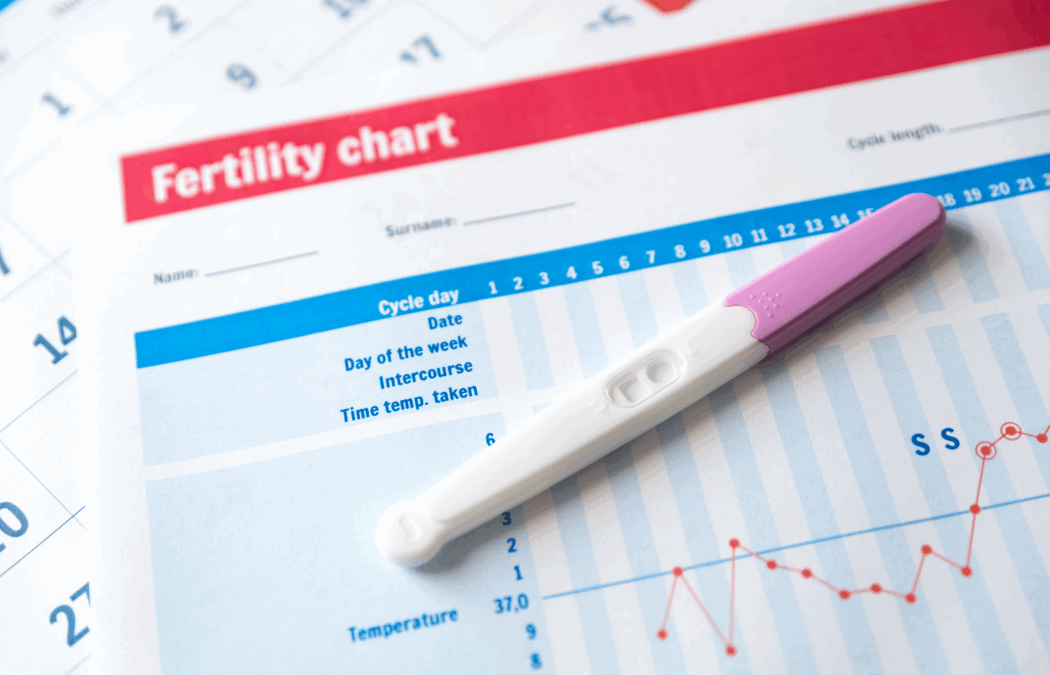Planning for pregnancy is an exciting and hopeful journey for couples. However, it’s also a journey that requires awareness, preparation, and informed choices. One of the most critical first steps in this process is fertility testing. At MotherToBe Fertility Centre, we often recommend comprehensive fertility evaluations before actively trying to conceive, especially for couples who may be at risk of reproductive challenges.
While fertility testing is not “mandatory,” it is strongly advised by fertility specialists as a proactive approach to maximize the chances of conception and reduce delays or complications.
What Is Fertility Testing?
Fertility testing involves a series of diagnostic tests to assess the reproductive health of both partners. These tests evaluate egg count, hormonal balance, ovulation, sperm quality, and the reproductive organs’ condition to determine any potential obstacles to natural conception.
Why Is Fertility Testing Important Before Trying to Conceive?
1. Early Detection of Underlying Issues
Many fertility problems such as irregular ovulation, low AMH levels, tubal blockages, uterine fibroids, or male factor infertility show no symptoms until a couple struggles to conceive. Early testing identifies these issues before they become roadblocks.
2. Customized Treatment Plans
At MotherToBe Fertility Centre, fertility testing helps us design personalized fertility care plans, whether it involves timed intercourse, ovulation induction, IUI, or IVF. It increases efficiency and improves the chances of conception in a shorter time.
3. Saves Time and Reduces Emotional Stress
Trying to conceive without knowing your fertility status can lead to months or years of uncertainty. Testing early helps avoid prolonged stress and offers peace of mind with a clear direction.
4. Ideal for Women Over 30
As age impacts fertility—especially for women over 30—getting tested early ensures that time-sensitive treatments can begin without delay if needed.
5. Helpful for Couples with Irregular Cycles or Health Conditions
If a woman experiences irregular periods, thyroid imbalances, PCOS, or has a history of miscarriage, or if a male partner has lifestyle risks (like smoking, alcohol use, or obesity), fertility testing becomes even more essential.
What Does Fertility Testing Include?
For Women:
- AMH (Anti-Müllerian Hormone) test – to measure ovarian reserve
- Hormonal profile – FSH, LH, TSH, Prolactin
- Ultrasound scan – to evaluate ovaries and uterus
- HSG test – to check for fallopian tube blockages
- Ovulation tracking – via ultrasound or blood tests
For Men:
- Semen analysis – to check sperm count, motility, and morphology
- Hormone levels – to rule out hormonal causes if sperm count is low.
Why Choose MotherToBe Fertility Centre for Fertility Testing?
At MotherToBe Fertility Centre, Hyderabad, we provide a holistic and advanced diagnostic approach. Our team of fertility experts, state-of-the-art lab facilities, and patient-first care model ensure that you receive accurate, empathetic, and actionable advice for your fertility journey.
Conclusion
Fertility testing isn’t just for couples who’ve been struggling to conceive—it’s for anyone who wants to approach parenthood with confidence and clarity. With timely evaluations at MotherToBe Fertility Centre, you can identify potential issues early, save valuable time, and take charge of your reproductive future. Schedule your fertility check-up today and start your journey with trusted experts by your side.
FAQs
- Is fertility testing painful?
Most tests are non-invasive. Blood tests, scans, and semen analysis are standard and safe. - When should couples consider fertility testing?
If you’ve been trying for 6–12 months without success, or if you’re over 30, testing is highly recommended. - Can low AMH levels affect my ability to conceive?
Yes, low AMH levels indicate low egg reserve, which may reduce the chances of natural conception over time. - Does male fertility testing take time?
No, a basic semen analysis is quick, simple, and provides vital information about male fertility. - How long does fertility testing take?
Initial tests can be completed within a few days. In most cases, results are available within a week. - Is fertility testing expensive?
At MotherToBe, we offer affordable testing packages and customized evaluations based on your medical history. - Can I get fertility tested even if I’m not planning pregnancy immediately?
Yes, testing now can help you understand your reproductive health and explore options like egg freezing. - Will testing guarantee a successful pregnancy?
Testing doesn’t guarantee pregnancy, but it significantly improves your chances by identifying the best path forward. - Are there any lifestyle changes I need to make during testing?
We recommend a healthy diet, avoiding stress, and limiting alcohol or smoking for accurate results and improved outcomes.
Can fertility issues be treated successfully?
Yes. Most fertility issues are treatable with medical intervention, especially when diagnosed early.

